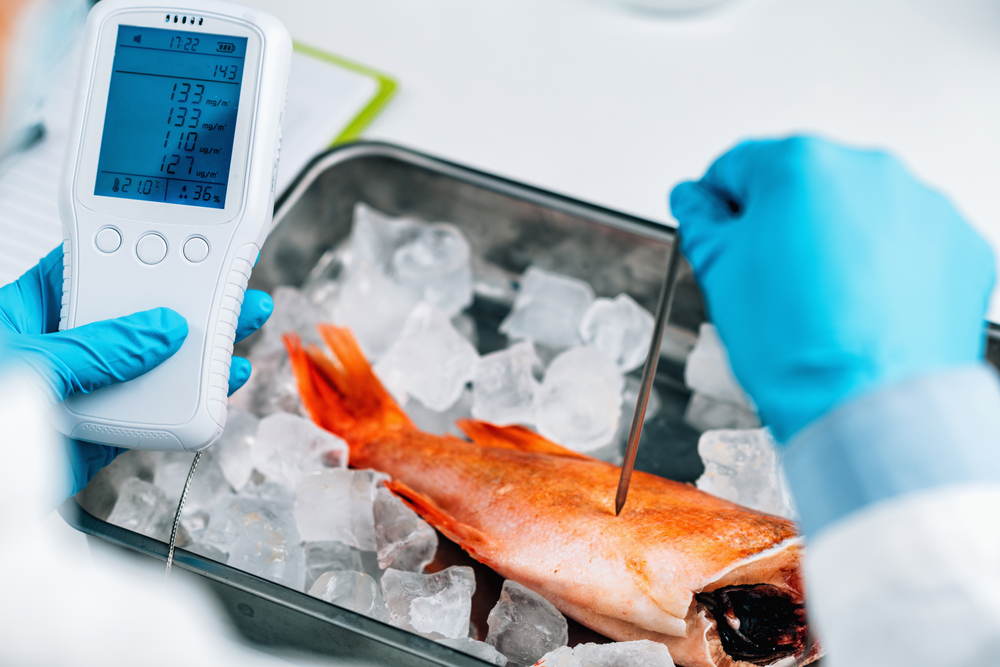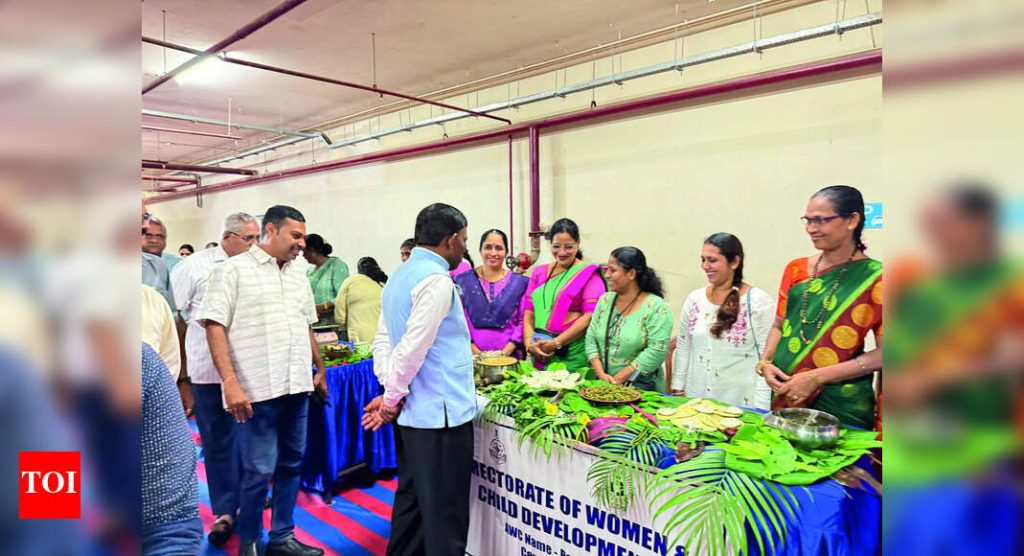Now Reading: Designer Microbes Offer Breakthrough in Combating Mercury Poisoning
-
01
Designer Microbes Offer Breakthrough in Combating Mercury Poisoning
Designer Microbes Offer Breakthrough in Combating Mercury Poisoning

Swift Summary
- Mercury is considered one of the top ten chemicals of public health concern by WHO, posing risks to fetal development and key organs like the brain, liver, and kidneys.
- Seafood is a primary dietary source of mercury due to ocean pollution from industrial activities; larger predatory fish accumulate toxic methylmercury via biomagnification.
- UCLA and UC San diego scientists have genetically modified a gut bacterium (Bacteroides thetaiotaomicron) to detoxify mercury effectively within the human body.
- Mouse studies demonstrated that engineered probiotics reduced methylmercury levels in tissues, protecting against both acute and gradual exposure-even during pregnancy.
- Pregnant mice treated with probiotics showed fewer mercury effects on offspring development. A promising outcome was observed for oral supplement delivery methods in further testing.
Indian opinion Analysis
The introduction of genetically engineered probiotics capable of mitigating mercury toxicity offers significant potential benefits for India-a country with an extensive coastline where seafood forms an integral part of culinary traditions. Moreover, given India’s high reliance on mining and industrial processes impacting ocean health globally, practical solutions like these could mitigate risks posed by heavy metal contamination.For expectant mothers especially-a demographic often encouraged to consume nutrient-rich seafood-the innovation could provide reassurance while addressing mercury-related developmental concerns. However, further refinement for human submission alongside regulatory approvals may determine how effectively this probiotic technology scales globally. Robust scientific advancements such as this remind us that engineering biological systems can address long-standing environmental health issues without compromising cultural or dietary practices.




























